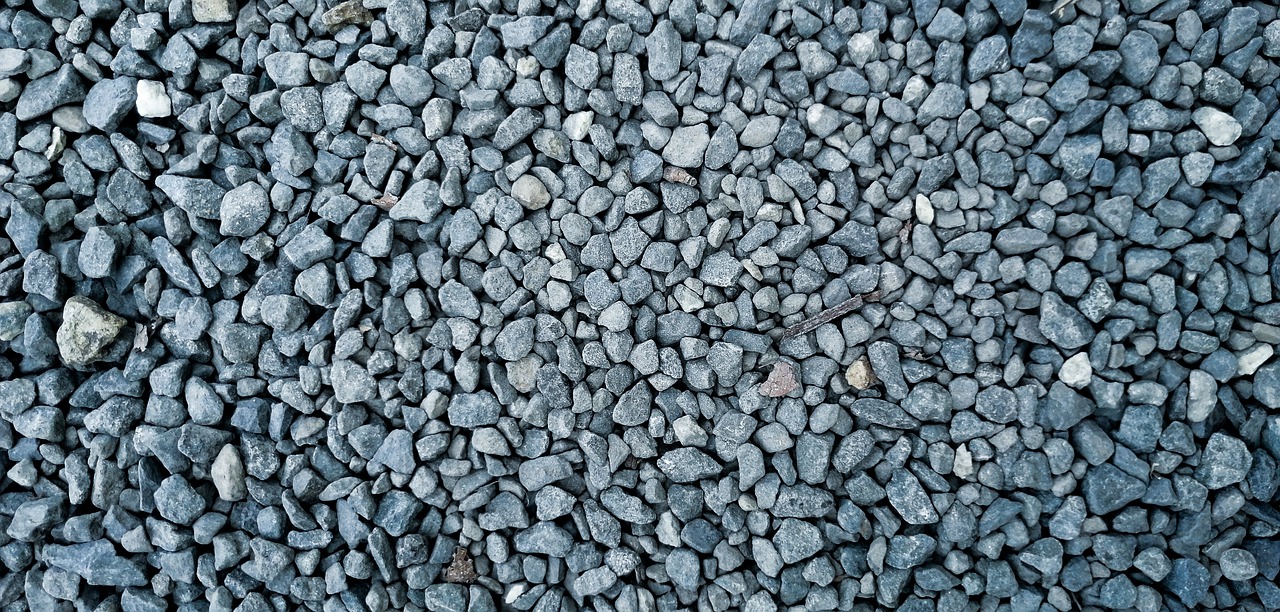Plastic is recycled into all manners of things – toys, shopping bags, and of course, plastic bottles. But what you may not have heard of until now is that governments all over the world are considering turning this material into roads. A Dutch company, VolkerWessels, is trying to test the PlasticRoad theory in reality. The project will be laid down in Rotterdam and is in line with other eco-friendly developments and programs such as Cradle to Cradle and The Ocean Cleanup, which aim to clean the sea from plastic waste.
Although the plan to build roads from plastic is still in the conceptual stage, the idea holds a lot of potential. People are becoming aware that roads – and not just cars – pollute our environment. Road building and maintenance release approximately 96 million tons of carbon dioxide into the atmosphere each year. Plastic is, therefore, a much safer and greener option to build roads. Building roads from plastic will not only convert a potentially hazardous and polluting material into roads, but it will also be used to make sturdier and stronger roads.
PlasticRoad will be low maintenance and easy to build. The lightweight structures will have a lifespan three times longer than that of an asphalt road. It will also be made from 100% recycled plastic materials that can be fabricated into lightweight, sturdy parts that can be placed onto many surfaces, including sand. This is indeed an evolution in the field of construction and civil engineering.
Theoretically, the process of laying plastic will be much faster and can be completed in weeks rather than months when compared to the process of laying asphalt. PlasticRoad will be hollow in structure which will allow for easy installments of basic amenities such as pipelines, wirings, and other infrastructure elements right beneath the road. These hollow cavities will also be used in the event of flooding or water retention and will be used to keep the roads dry by draining the water through proper drains.
In addition to all the structural advantages, PlasticRoads are also beneficial for power generation and enhanced modular structure. These roads will be an asset to areas that suffer from heavy snowfall and sleet, as the roads can be set to heat up to prevent freezing as well as help in the evaporation process.
Although plastic may seem like an unstable and fragile material with which to build a road, it is actually sturdier than asphalt. Compared to conventional roads, PlasticRoads are unaffected by any effects of water and corrosion and can withstand temperatures as low as minus 40°C! However, VolkerWessels is still testing PlasticRoad to make sure that it will be safe to use in wet and slippery conditions.
PlasticRoad sounds futuristic and awesome. Can you imagine a future where there will be no potholes on the roads and the roads will never be affected by heat or cold, snow or rain? PlasticRoads represents the future of civil engineering. They will be tougher than asphalt roads and will allow increased maximum threshold, enabling the roads to remain viable for heavily loaded vehicles. It is indeed exciting to live in an age in which everything is possible, even roads made from recycled plastic.






